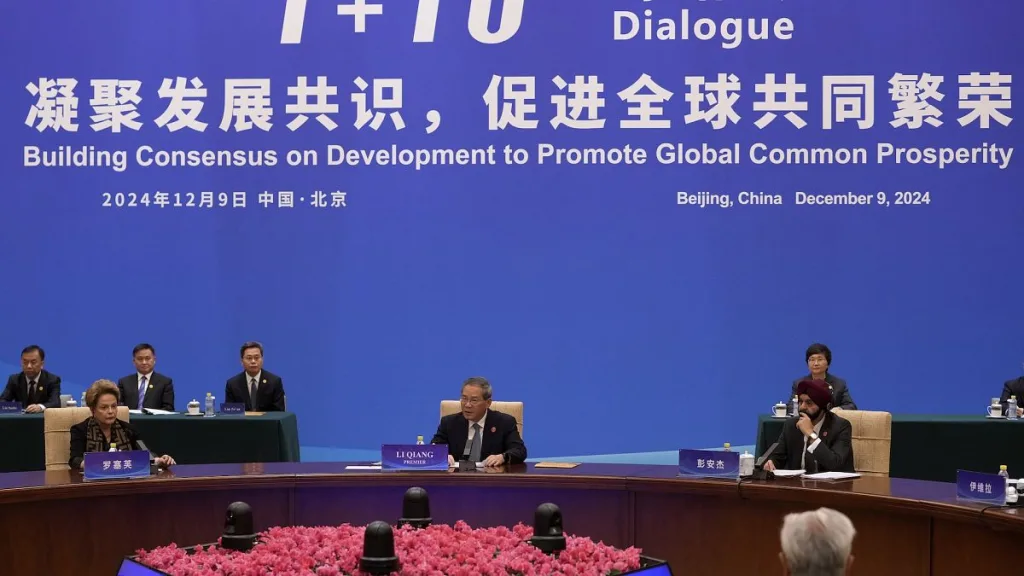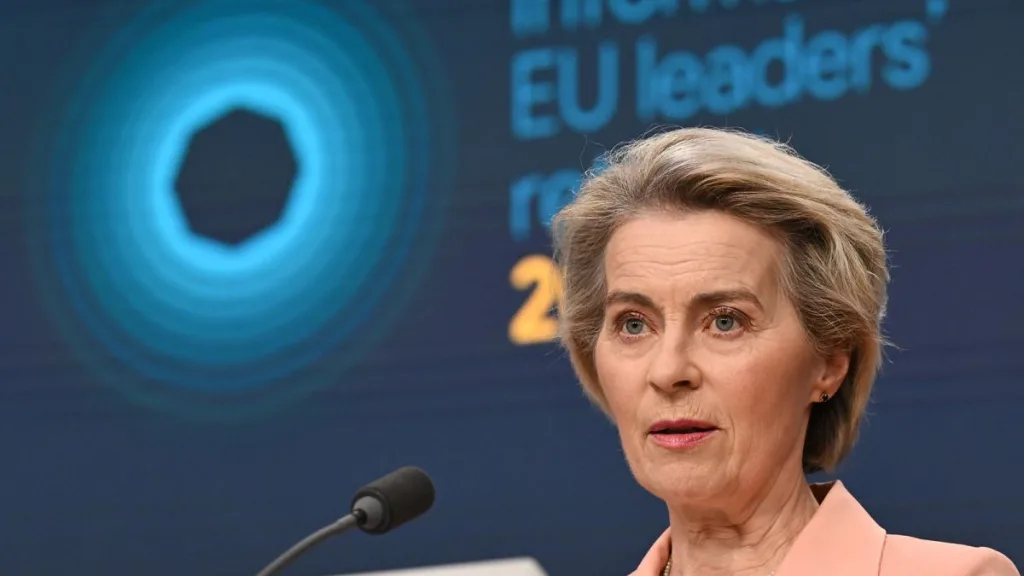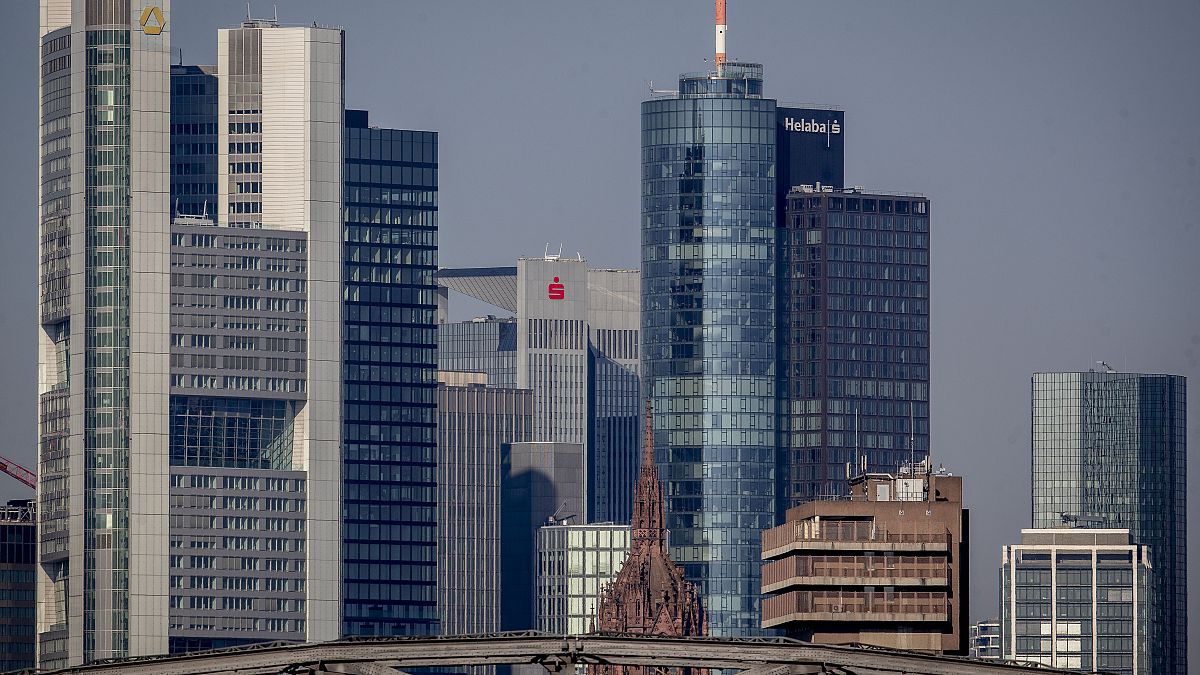Stocks in Hong Kong surged following a report from the Communist Party’s Politburo meeting, which indicated that leaders will “implement more active fiscal policies and moderately loose monetary policies.”
China’s leadership has committed to easing monetary policy and enhancing support for an economy showing signs of deceleration. This pledge was articulated by Premier Li Qiang, the country’s second-ranking official, who criticized the negative impact of higher tariffs on Chinese exports, asserting they hinder global growth.
Following the release of the Politburo report, shares in Hong Kong experienced a significant boost on Monday. The report revealed a commitment to “implement more active fiscal policies and moderately loose monetary measures”. This transition from a “prudent” stance, held for over 14 years, is perceived as a pivotal change by market observers, igniting a wave of investment and propelling the Hang Seng index up by 2.8%.
Stephen Innes from SPI Asset Management commented, “This marks a significant recalibration in their approach, aiming to cushion the anticipated economic shocks from increased tariffs.”
Strategic Shift to Stimulate Business and Consumption
In recent months, the Chinese central bank, along with other regulatory bodies, has rolled out several initiatives aimed at boosting consumer spending and supporting businesses. The statement issued on Monday largely echoed previous commitments.
Julian Evans-Pritchard observed that there is no doubt about the continuation of this supportive stance, noting that the last significant policy shift occurred during the global financial crisis in late 2008, and that faster interest rate cuts may follow in the upcoming year.
The recent meeting has set crucial groundwork for an annual economic planning conference later this week, which will solidify strategies for the upcoming year. China’s economy is currently growing at a rate below the official target of 5% annual expansion for this year, with a struggling property market and subdued consumer spending since the aftereffects of the COVID-19 pandemic. The Politburo’s statement emphasized the need for a “combination punch” of government expenditure and more accessible credit to revitalize consumption.
Household Struggles Amid Economic Challenges
Consumer inflation for November was reported at a lower-than-expected 0.2%, down from 0.3% the prior month, primarily due to declining food prices. Analysts suggest this creates ample opportunity for interest rate reductions.
With youth unemployment remaining relatively high and many households feeling the economic pinch from lower housing prices and job instability, the statement emphasized the importance of enhancing the “people’s sense of gain, happiness, and security”.
“We must prioritize the protection of livelihoods, and maintain stability to ensure societal equilibrium,” the statement underscored.
On the same day, Premier Li met with leaders from the World Bank and other major international financial institutions. While he refrained from mentioning the United States directly, he aimed critical remarks at nations that impose trade barriers through elevated tariffs. This critique seemed particularly relevant given the tightening of export controls on advanced technologies by the U.S., along with President-elect Donald Trump’s threats to impose steep import duties on Chinese goods.
“If we look at the obstacles hindering economic globalization, some countries resort to imposing high tariffs and erecting protectionist barriers. The proliferation of restrictive trade measures is troubling,” Li contended. He elaborated, “I raise this issue because, amidst the weak global economic growth, these barriers only increase uncertainty and significantly disrupt the operation of the global economy.”
Photo credit & article inspired by: Euronews



